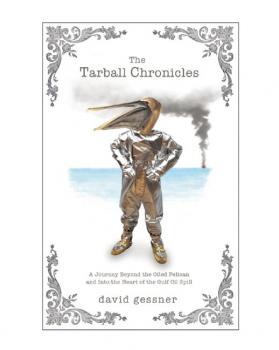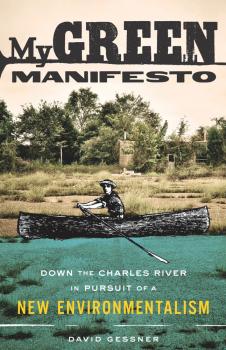ТОП просматриваемых книг сайта:
David Gessner
Список книг автора David GessnerАннотация
Winner of the 2013 ASLE Book AwardWinner of the Reed Award for the Best Book on the Southern Environment 2011Named a Top Book from the South 2011 by The Atlanta Journal-ConstitutionA San Francisco Chronicle Gift Book Recommendation for 2011A Southern Independent Booksellers BestsellerTraveling the shores of the Gulf from east to west with oceanographers, subsistence fisherman, seafood distributors, and other long-time Gulf residents, acclaimed author and environmental advocate David Gessner offers a lively, arresting account of the aftermath of the Deepwater Horizon oil spill. With The Tarball Chronicles Gessner tells a story that extends beyond the archetypal oil-soaked pelican, beyond politics, beyond BP, and beyond other oil spill books in the market. Instead, heart on his sleeve and beer in hand, he explores the ecosystem of the Gulf as a complicated whole and focuses on the people whose lives and livelihoods have been jeopardized by the spill. With his signature combination of intellect, passion, and humor, Gessner asks how much we are willing to sacrifice for the conveniences of modern life.
Аннотация
Inspired by a rough-and-tumble journey across country and down river, David Gessner makes the case for a new environmentalism. In a frank, funny, and incisive call to arms that spans from the Cape Wind Project to the Monkey Wrench Gang, he considers why we do or do not fight to protect and restore wilderness, and reminds us why it’s time to join the fray.Though environmental awareness is on the rise, our march toward ecological collapse continues. What was once a movement based primarily on land preservation, endangered species, and policy reform is now a fractured mess of back-to-the-landers, capitalist “green lifestyle” vendors, technology worshipers, and countless special interest groups.Known as an environmental advocate “reminiscent of Edward Abbey” (Library Journal), Gessner rebels against this fragmented environmentalism and holier-than-thou posturing. He also suggests that global problems, though real, are disempowering. While introducing us to lovable, stubborn Dan Driscoll, “a regular guy fighting a local fight for a limited wilderness,” he argues instead for a movement focused on local issues and grounded in a more basic, more holistic—and ultimately more effective—defense of home.


